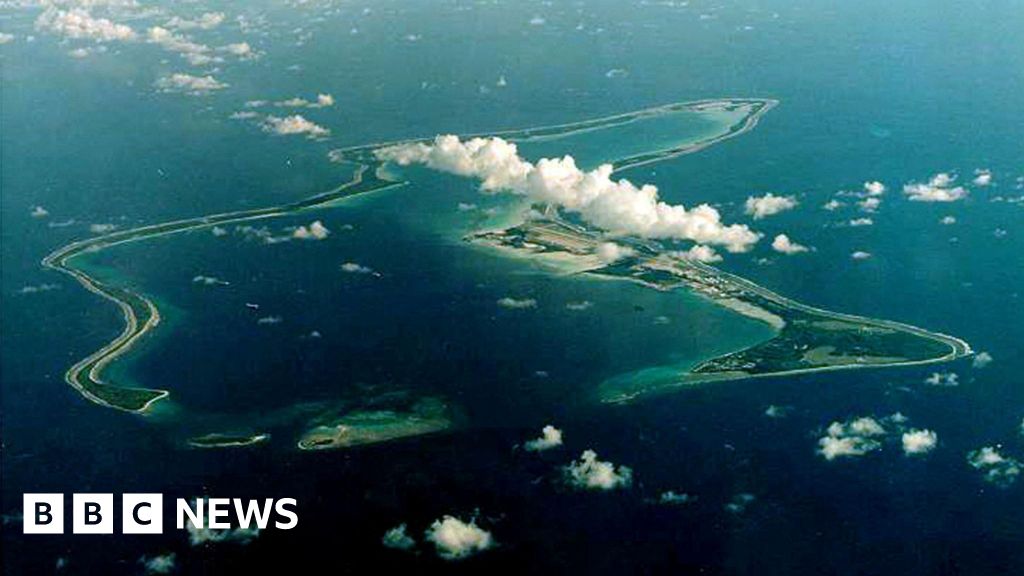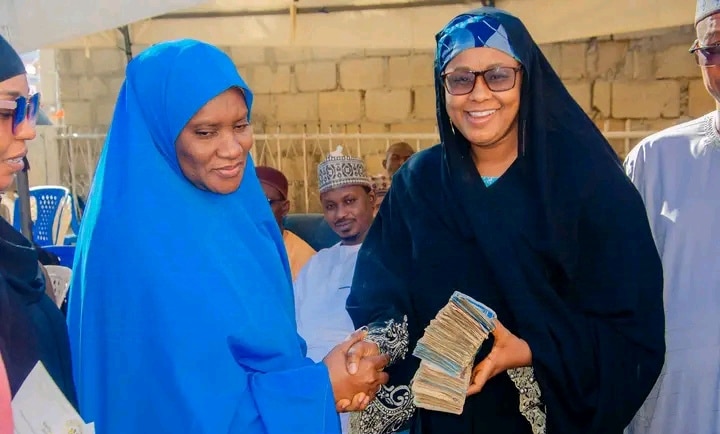Stakeholders on Tuesday decried the impact of global commodity price increases on farming and pastoral communities, as well as internally displaced persons in North-East, Nigeria.
The stakeholders made this disclosure at a one-day North-East regional policy workshop organised by the Centre for Population and Environmental Development, in collaboration with Supporting Pastoralism and Agriculture in Recurrent and Protracted Crisis, CoWater, and International Development Research Centre held in Gombe State.
CPED, a Nigeria’s Think Tank carried out a research project titled: ‘Impact of global increases in commodity prices on farming/pastoral communities and the internally displaced persons in Nigeria’s Sahel region’, in Adamawa, Bauchi, and Gombe states.
Speaking, a Professor from the Department of Geography, Federal University of Kashere, Bibi Muhammed, and a team member of CPED, stated that the workshop aims to enlighten stakeholders on how the North-East is grappling with soaring food prices amidst insecurity.
Muhammed noted that the study, which began in 2020, “revealed a 300 per cent increase in commodity prices, resulting in hardship for households. Several households have had to change their livelihoods, impacting food, child education, medicine, clothing, and overall well-being,” he added.
He disclosed that the research provides evidence of the extent of hardship in the North-East due to the rising food/commodities prices from 2020 till 2024, adding “The workshop to provide short- medium- and long-term frameworks that will serve as remedies to the challenge of increasing food/commodities prices.”
Also, the Professor of Agronomy, Federal University of Kashere, Mustapha Mohamman, attributed the global food price hike to COVID-19, wars, banditry, and crises in Nigeria, including farmer-herder clashes and insurgency.
He also cited the devaluation of the naira and climate change as contributing factors, to mitigate the current hardship, Mohamman recommended “a short-term strategy, including government intervention, unconditional cash transfers to poor families, and reconsideration of fuel subsidy removal. He also advocated for long-term approaches, such as value addition through new farming technologies and entrepreneurship,” Mohamman said.
On his part, Development expert, Ilugo Dominion, emphasised the importance of agric-entrepreneurship in improving agriculture and mitigating food insecurity in the Northeast region.
Dominion called for government and stakeholder support for small-scale farmers as well as the development of organised market systems.
He added, “To promote entrepreneurship among Nigerian students, teaching methods must reflect real-world realities. This will help students develop a mindset that embraces micro-business activities, making entrepreneurship a way of life, both during and after school.”

 2 hours ago
12
2 hours ago
12















 English (US) ·
English (US) ·